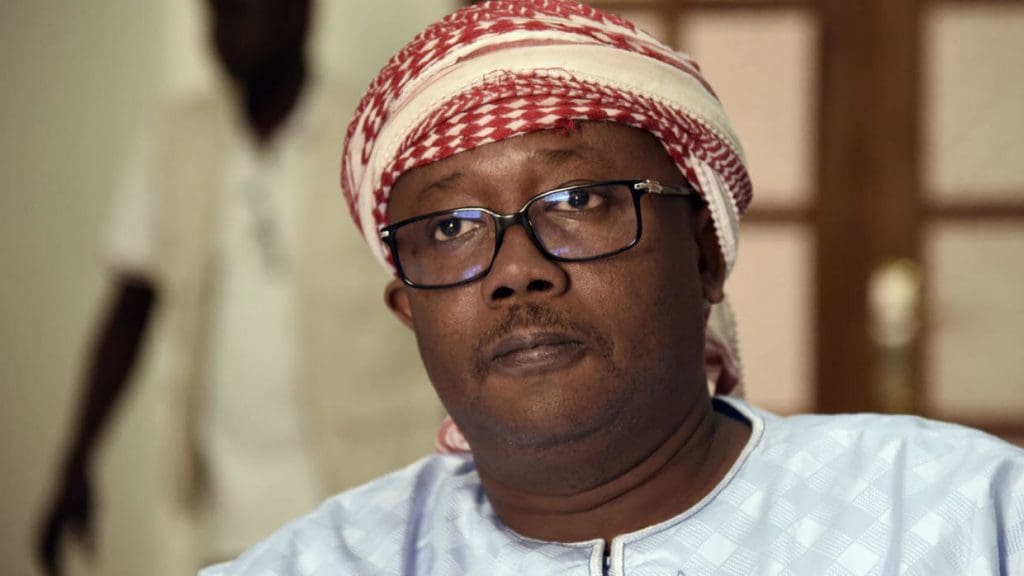The president of Guinea-Bissau persists in accusing the drug cartels of being behind the failed coup attempt against him ten days ago.
Umaro Sissoco Embalo, 49, is still recovering from the terrible experience of 1 February. In power since January 2020, he has linked the coup to the action he says he has taken against drug trafficking and corruption. On Thursday 10 February, he repeated the same words in front of the press, this time naming names; people who had served in the army but who had a prison record in the United States because of drugs.
Former Rear Admiral José Americo Bubo Na Tchuto, head of the navy during the first decade of the 2000s, Tchamy Yala, also a former officer, and Papis Djemé are the three men Embalo has accused by name. They were all arrested after the events of 1 February, the head of state said.
In April 2013, the three men were already arrested by US Drug Enforcement Agency (DEA) agents on a boat in international waters off the West African coast. According to the American justice system, they had negotiated in previous months with American investigators posing as representatives of South American drug traffickers to import cocaine into Guinea-Bissau, which was then redistributed in North America or Europe, according to media sources.
José Americo Bubo Na Tchuto had been designated as a drug baron by the US Treasury. He was sentenced in 2016 to four years in prison in New York. Tchamy Yala and Papis Djemé were sentenced in 2014, also in the US city, to five and six and a half years in prison. They have since returned to Guinea-Bissau.
In the attempted coup that claimed 11 lives, President Embalo reported that “Bubo was already at the Navy headquarters and in military uniform,” while he was trapped inside the Government House and fighting raged outside. “At one point, I heard one of the attackers say: “Wait, we’ll call him to send us reinforcements,” added the leader of the small, poor West African country of about two million people.
Classified as a narco-state by the United Nations Office on Drugs and Crime (UNODC), Guinea-Bissau is considered a hub for drug trafficking from Latin America. This situation has undermined the country’s successive political regimes. Since 1974, when it gained independence from Portugal after a long war of liberation, the Portuguese-speaking country has experienced no less than four coups d’état and numerous attempted coups.
ODL/cgd/lb/abj/APA


